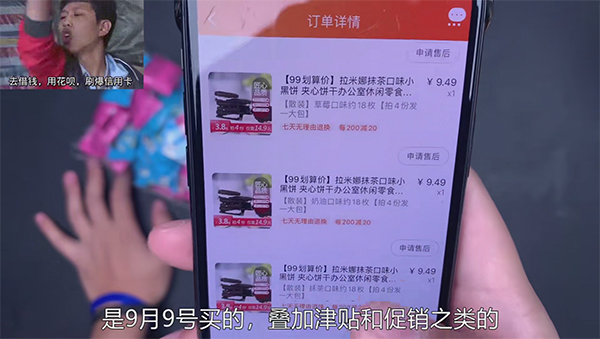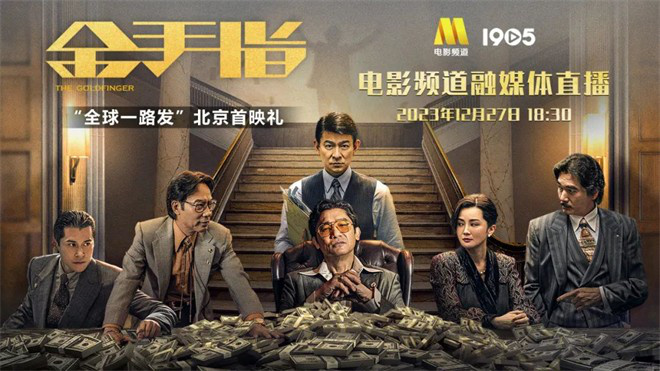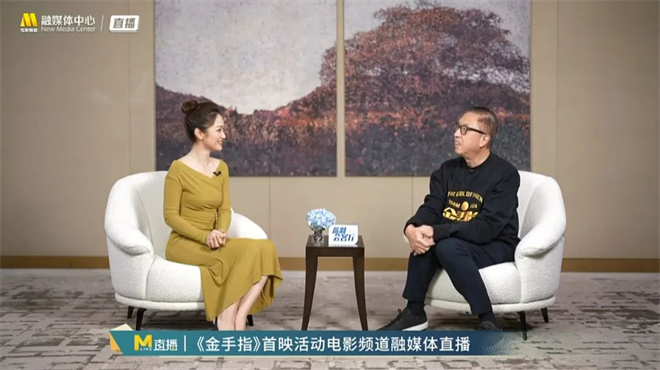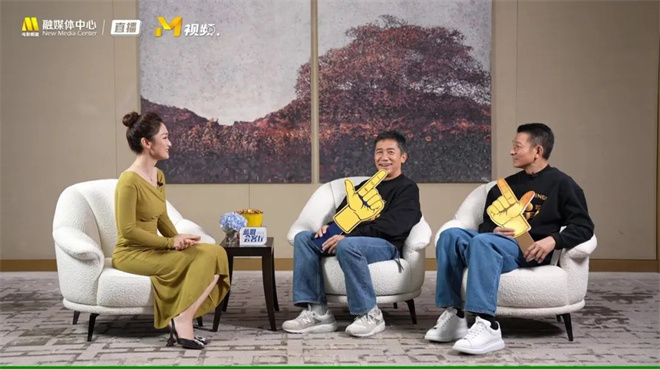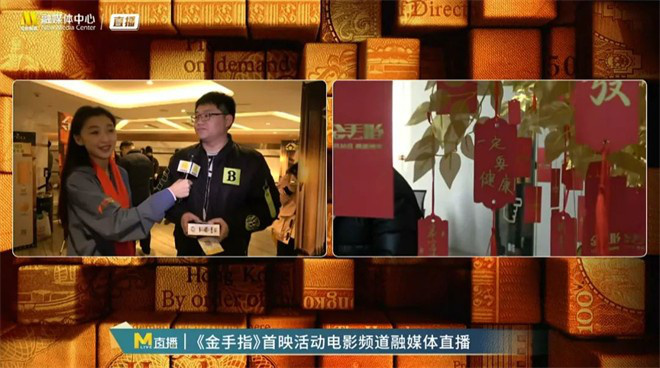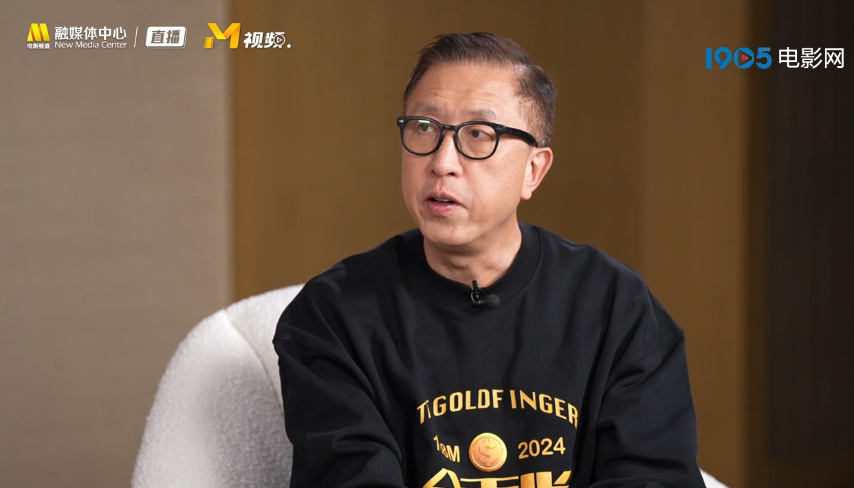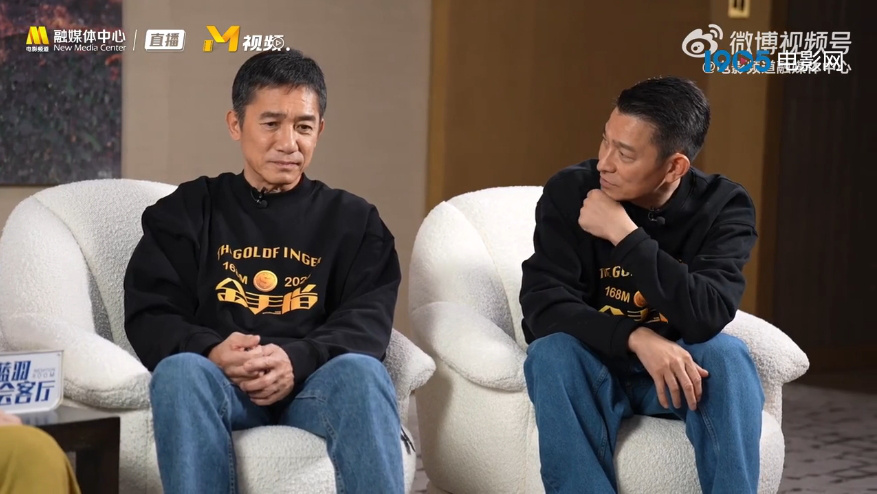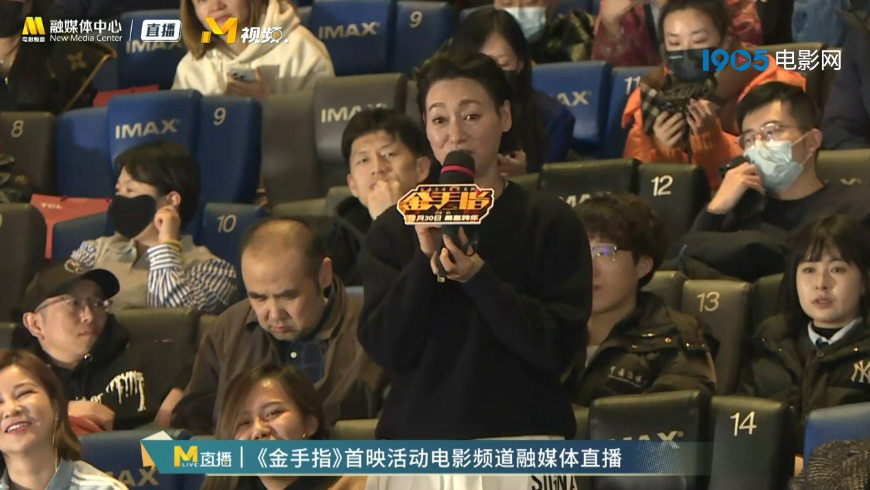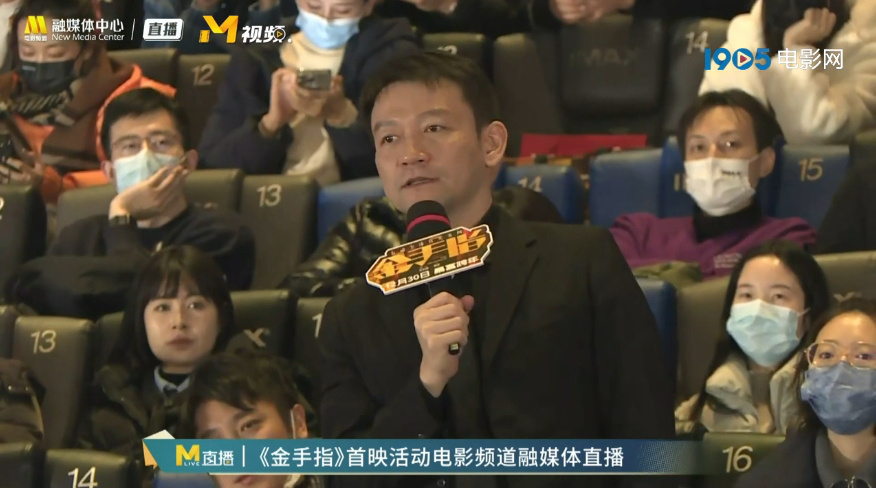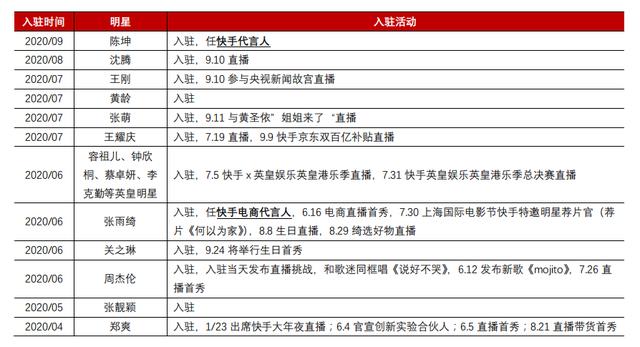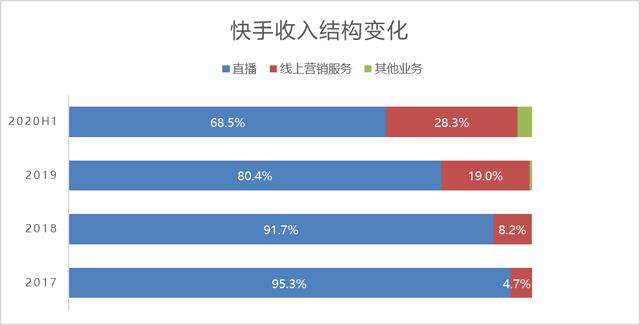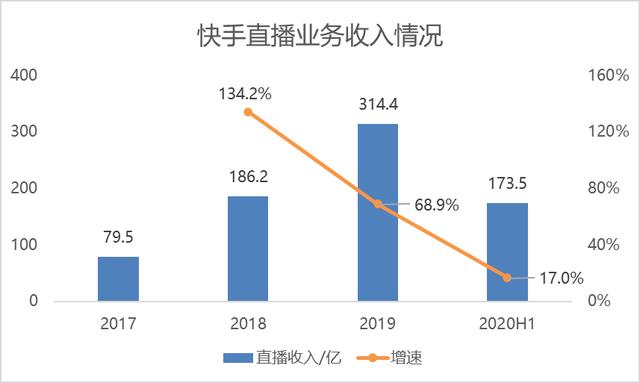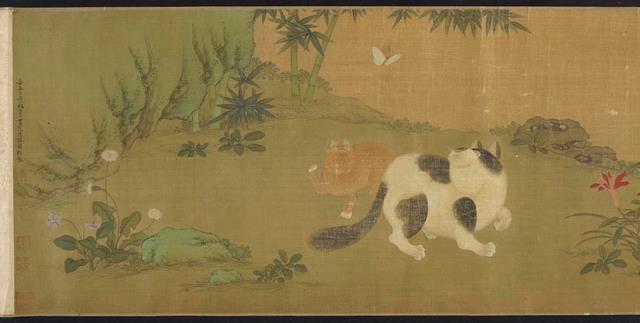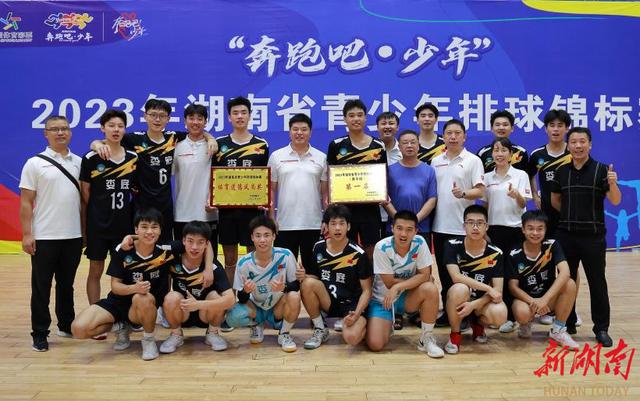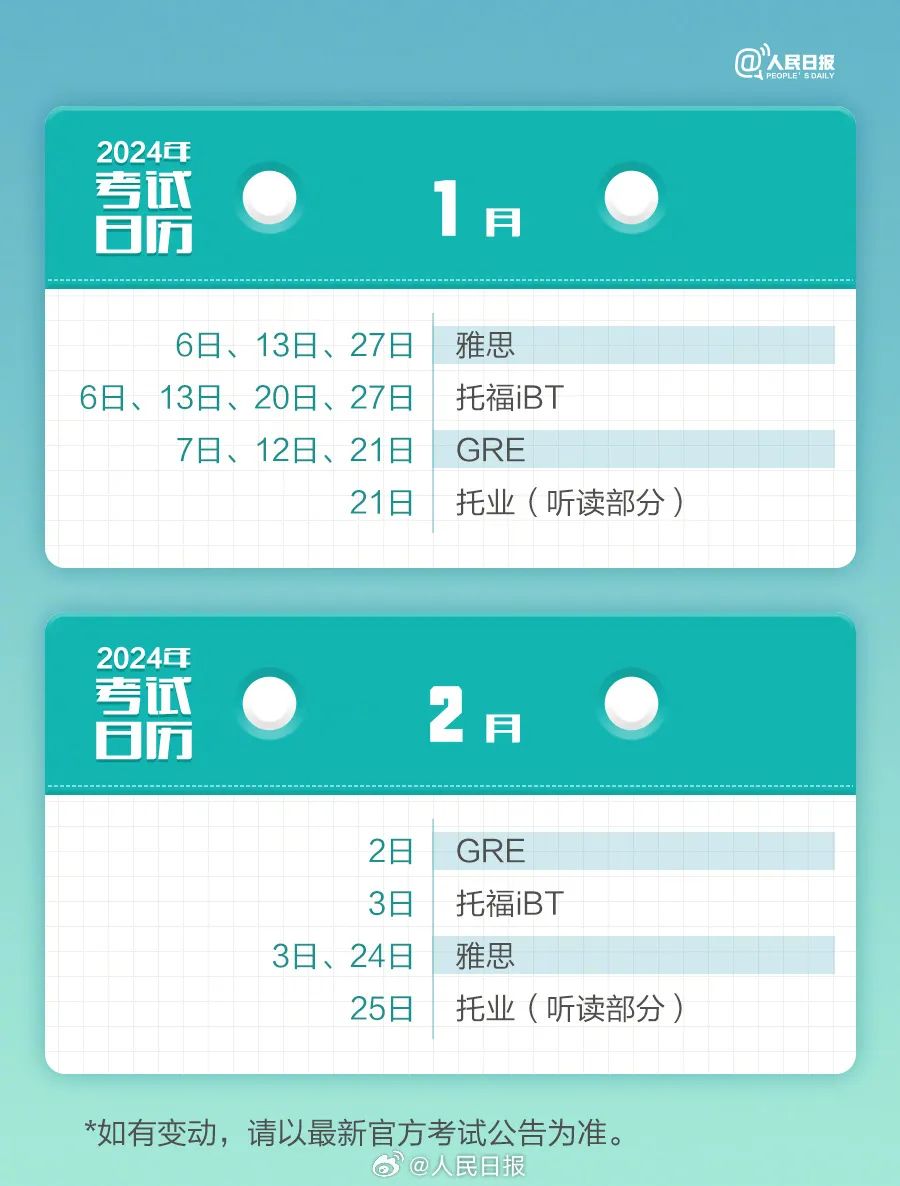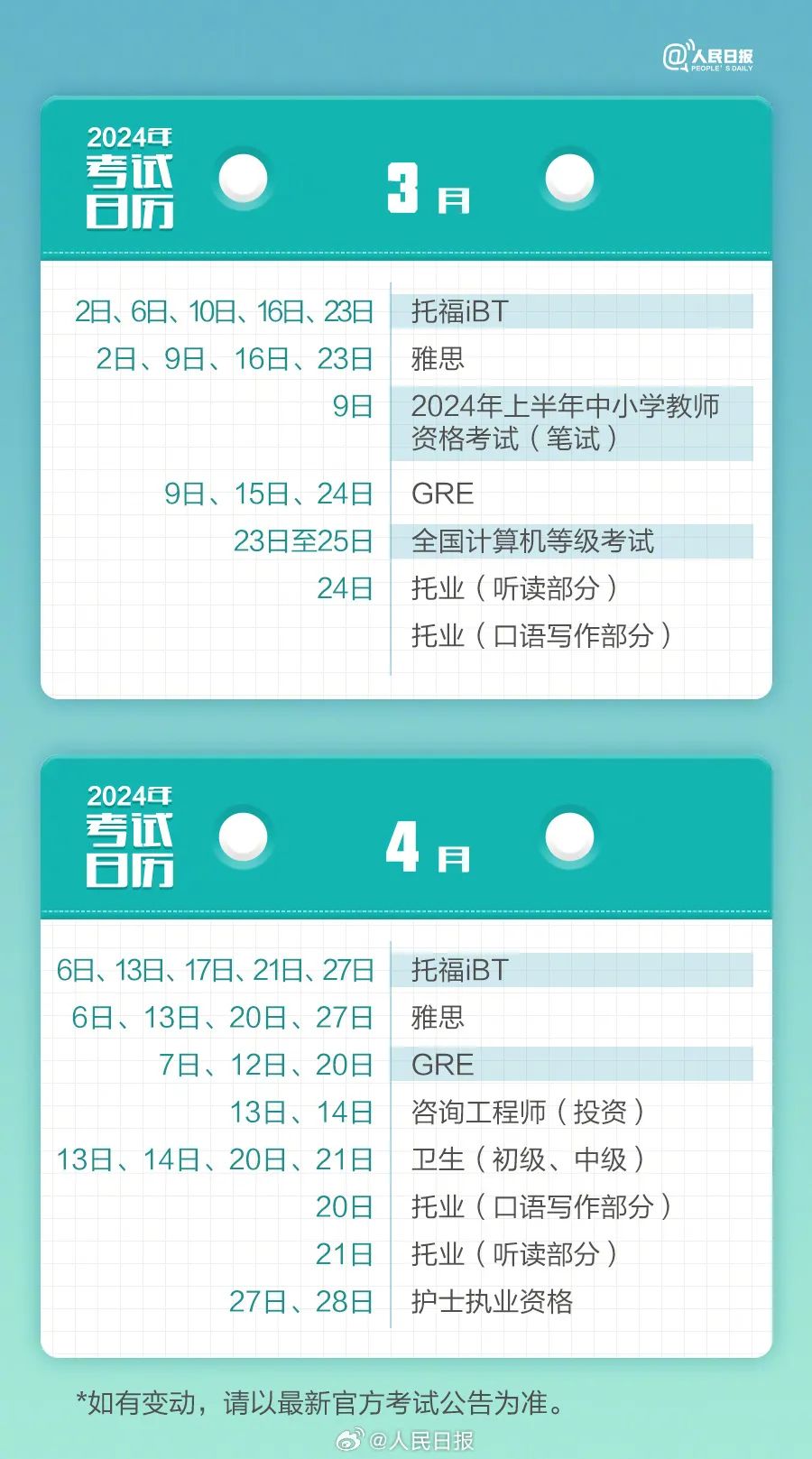Oral health is related to general health, and missing teeth is not a "minor problem". Dental implants, as a method of restoring missing teeth, implant artificial roots (i.e. implants) into the alveolar bone of the missing teeth through surgery, and then place artificial crowns after the bone combination is completed, so as to restore the shape and function of the missing teeth. Compared with conventional restoration methods such as fixed denture and removable denture, dental implants can achieve the restoration effect closer to natural teeth in function, structure and appearance, so they are also known as "the third pair of teeth".
With the improvement of living standards and the deepening of population aging, the demand for dental implants in China has shown a continuous double-digit high-speed growth. However, for a long time, many patients with missing teeth who are considering planting have been worried about the heavy cost burden and false publicity. Recently, the National Health Insurance Bureau issued the "Notice of the National Health Insurance Bureau on the Special Treatment of Dental Implant Medical Service Fees and Consumables Prices" (hereinafter referred to as the "Notice"), in response to people’s livelihood concerns, and carried out the special treatment of dental implant prices covering public and private medical institutions in an all-round way.
Then, where is the expensive dental implant, what are the chaos, and what homework do patients need to do before dental implant?
Dental implants are expensive. Where are they expensive?
When it comes to dental implants, many people’s first impression is "expensive". To some extent, "planting a tooth is equivalent to changing a car" is true. The high price has made many people who are missing teeth call "can’t afford to grow". So, how much does it cost to plant a tooth, and what is the composition of this cost?
The reporter consulted a private dental medical institution in Beijing. According to the staff, due to the differences in the technical process and service life of implants, the activity price of a single dental implant package they launched ranged from 5,800 yuan to 19,800 yuan. If you choose imported high-end brand implants, it usually costs 15,000 yuan to 20,000 yuan to plant a tooth.
After careful study, the cost of dental implant generally includes the cost of consumables (including implants, abutments and crowns) and the cost of medical services. "In fact, the dental implant doctor needs to make a detailed and comprehensive examination and diagnosis of the patient first, give an implant plan, and then get the corresponding price." Liuyong (pseudonym), who has worked for more than 20 years and is now the head of a private dental medical institution in Shandong, said, "The price is affected by many factors. First of all, the patient’s own situation is different, and the difficulty of planting is different; Secondly, there are many options for implants and crowns, and the prices are different; Thirdly, in terms of technical fees, there will be some differences according to the difficulty of the operation. These factors lead to a big difference in the price of planting a tooth. "
"If the patient has been missing teeth for a long time, and the alveolar bone is insufficient, the height and width are not enough, it is necessary to use bone increment techniques, such as guiding bone tissue regeneration and maxillary sinus elevation, including internal elevation and external elevation and bone grafting. These operations have relatively high technical requirements for doctors. Some patients, especially many elderly people, have systemic diseases, such as hypertension, heart disease and diabetes, which will also increase the difficulty of surgery. In addition, the implantation of anterior teeth not only requires function, but also requires certain aesthetic effects, including the aesthetic effects of soft tissue and bone tissue, and the difficulty of surgery will also increase. " Li Jiafeng, chief physician of the Department of Stomatology, Affiliated Hospital of Xuzhou Medical University, said.
According to reports, at present, public medical institutions purchase high-end brand implants from 4,000 yuan to 6,000 yuan each, and other implants from 2,000 yuan to 3,500 yuan each. There is room for high prices in the circulation process. In addition, the cost of medical services accounts for a high proportion of the overall cost of dental implants. The preliminary results of recent nationwide registration surveys show that the average cost of medical services exceeds 6,000 yuan, and the cost of some provinces and cities exceeds 9,000 yuan, which has become one of the important reasons for the high cost of dental implants.
In addition, according to Jiang Changsong, assistant dean of the National Medical Security Research Institute of Capital Medical University and director of the price recruitment office, the price of dental implants will also contain unreasonable ingredients. For example, some medical institutions, especially some private medical institutions, in addition to normal advertising, they also rob customers by giving benefits, agency fees and referral fees. As high as 1,000 yuan per case, these unreasonable costs will eventually be passed on to patients through unreasonable charges.
Low price trap needs to be vigilant.
Different from other medical services, the dental implant market is dominated by private dental medical institutions, and the service volume of private dental medical institutions accounts for more than 2/3. With the development of dental implant technology and being recognized by more and more patients, dental institutions are mixed, high-quality doctors are scarce and driven by interests, which also leads to chaos in many industries.
Ms. Wang, who lives in Guangzhou, was recently attracted by an advertisement for dental implants in the elevator car of the community. The advertisement claimed that the imported dental implant package "Love Teeth Day Activity Price" only needed 980 yuan, which made her heart beat. Is there such a good thing? Ms. Wang then came to this private dental medical institution for consultation. According to the staff, the offer is limited to the first one, only for people over 50 years old, and does not include anesthesia and other expenses. What makes Ms. Wang even more puzzled is that customers who enjoy this activity price must also sign an agreement with the dental institution on the use of portrait rights. After learning that Ms. Wang did not meet the basic requirements, the staff began to recommend other dental implant packages to her, and the price directly increased by seven or eight times.
In fact, the advertisements for dental implants flooding the major online platforms are overwhelming and varied: "group purchase price", "store celebration price" and "the lowest price in the city". With the recent focus on dental implants, the so-called "collective price" has also become the key word for many advertisers. Liuyong said: "Some low-priced dental implants promoted by medical advertisements have even dropped to ‘ Floor price ’ Even the cost of materials is not enough. Their actual purpose is to attract customers by low-cost gimmicks. Maybe three or five of the 100 plants can do this price, but most of the patients who have been fooled are still guided to do those implants with relatively normal charging prices. "
In addition to the heavy routines of low-price traps, the reporter’s investigation found that there are still many scorpions of false propaganda. For example, it is claimed that a certain top expert has been guiding the whole process for a long time, and launched the "National Dental Association Project" and "Reconstruction Action for Missing Teeth in the Province" with national and provincial titles to collect information on customers and conduct activities and publicity in the name of the Chinese Stomatological Association. Some interviewees said that they had planted a tooth in a dental clinic, and declared "lifetime warranty of implant" at that time, but it took less than a year for the crown to crack, but at this time they were told that the lifetime warranty was only for implants. Behind this "word difference" is endless buck passing. Some patients have repeatedly suffered from redness and bleeding after one year of dental implant surgery, and the clinic where the surgery was performed before has long been empty.
"The threshold is relatively low and the supervision is insufficient. Many private dental institutions lack self-discipline and standardized operation. It is indeed time for this industry to establish norms. Under false propaganda and price war, there are great hidden dangers. For patients, it may cause some irreversible or greater damage to the treatment of teeth, and the risk of implant complications in the future will be greatly improved. " Liuyong said.
What’s more, some dental clinics package young doctors into big experts, and let unqualified doctors operate their teeth. According to Yu Riyue, director of the Department of Stomatology, Beijing Shijitan Hospital affiliated to Capital Medical University, "With the growing demand for dental implants, dental medical institutions are expanding rapidly, but the gap of qualified professional doctors is still very large. Some doctors seem to have many titles or certificates, but how high the gold content of some titles and certificates is and whether they are recognized by their peers is worthy of scrutiny. "
According to Deng Liqiang, executive director of the Chinese Society of Health Law, dental implants are classified as dental restoration, which belongs to the scope of beauty, while the beauty industry is a relatively developed field of medical commercialization, with great pricing freedom. However, unequal information and decomposed charges increase the number of tricks in the charging process, and it is difficult to verify the inferior implants. Taken together, the above phenomena will make consumers lack judgment in the choice and price of dental implants, thus falling into the dental implant chaos.
"Notice" has made it clear that private medical institutions should strictly regulate their own price behavior, and should not induce fraudulent patients by false or misleading price means such as "subsidies" and "low prices". Special treatment will not only benefit patients, but also benefit the healthy development of the industry.
How to safely plant teeth
On the one hand, the demand for dental implants continues to release, on the other hand, all kinds of chaos emerge one after another. What patients are most concerned about is how the price will drop, what the level of doctors is, and whether dental implant treatment can successfully solve the problem of missing teeth.
According to the Notice, dental implants will be collected, dental crowns will be put on the net by bidding, and the price of dental implant medical services will be regulated. The whole process of regulating the price of medical services in tertiary public hospitals is 4,500 yuan for a tooth (referring to the sum of the prices of medical services such as outpatient consultation, biochemical examination and imaging examination, implant implantation and dental crown placement, excluding implants and dental crowns).
It needs to be clear that the success of dental implants involves many factors, not only related to the product quality of implants and crowns, the technical level of doctors, but also related to the original oral conditions of patients and the habit of using teeth after implantation. When choosing a medical institution for implant restoration, patients should not believe in advertisements. What is more important is to carefully examine whether it is compliant, whether the implant doctors have received standardized training, and whether the implant materials are qualified.
Dental implants must strictly abide by the relevant technical operation specifications and diagnosis and treatment guidelines, "one step can not be less." Li Jiafeng said: "Before planting teeth, preoperative evaluation must be carried out. The patient’s bone tissue, soft tissue, oral hygiene and general condition are all things that must be mastered before surgery. "
Skilled and experienced dental implant doctors are the most important factor to ensure success. Then, what are the basic requirements for the hardware conditions of clinics and the qualifications of doctors to carry out dental implant business? According to the Technical Management Standard for Dental Implantation, the consulting room for dental implant surgery should be an independent clinic. "Whether it is a public hospital or a private institution, oral operating rooms must meet national standards. The disinfection management of the consulting room used for oral implant diagnosis and treatment should be strict, and it is also necessary to have the diagnostic equipment and diagnostic ability of jaw CT images. Doctors should go through formal training, have the foundation of oral and maxillofacial surgery, master enough professional knowledge of stomatology and have certain working experience, and must practice on the model that simulates the human environment. And these are only the most basic requirements. " Li Jiafeng said.
At the same time, experts reminded that dental implant is the best way to restore missing teeth, but many patients do not understand the risks of implant and lack rational understanding of the treatment effect, and even many dentists ignore the complications of implant. The service life of dental implants is closely related to the patient’s maintenance. Lack of postoperative maintenance can also lead to complications or implant failure. Developing good oral hygiene habits and regular maintenance and follow-up visits are the prerequisites for prolonging the service life of dental implants.
In the interview, the reporter found that there are still some people who think that the lack of a tooth has little effect, and it has not been repaired in time after the tooth is missing. In this regard, Li Jiafeng emphasized: "No matter from the perspective of oral health or general health, the harm of tooth loss is actually greater than the patient’s imagination. After missing teeth, the balance of the whole oral cavity will be disturbed. If it is not repaired in time, the teeth on both sides of the missing teeth will often tilt and shift, the gap between the missing teeth will gradually narrow, the jaw teeth will elongate, the local occlusal relationship will be disordered, food impaction, caries and periodontal injury will often occur. It may also affect pronunciation, cause facial asymmetry and affect aesthetics. In addition, the chewing efficiency of teeth is reduced, which will affect digestion and absorption, thus affecting the overall health. From the point of view of restoration, after a long time, the bone will be slowly absorbed, and the difficulty of inserting teeth or planting teeth will be greatly improved. "
Of course, the main causes of tooth loss are dental caries and periodontal disease. The results of the fourth national oral health epidemiological survey show that oral diseases among adults in China are very common at present, and residents’ awareness of oral health care still needs to be improved. Although dental implants have many advantages, they are still "too late to regret" for missing teeth. It is most important to protect natural teeth, pay attention to oral health, improve oral health awareness, and do a good job in prevention and early treatment of dental diseases.
(Reporter Fan Rong)

